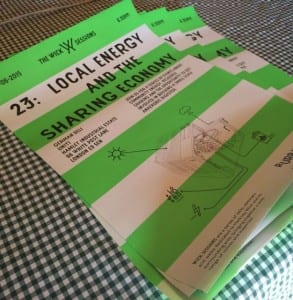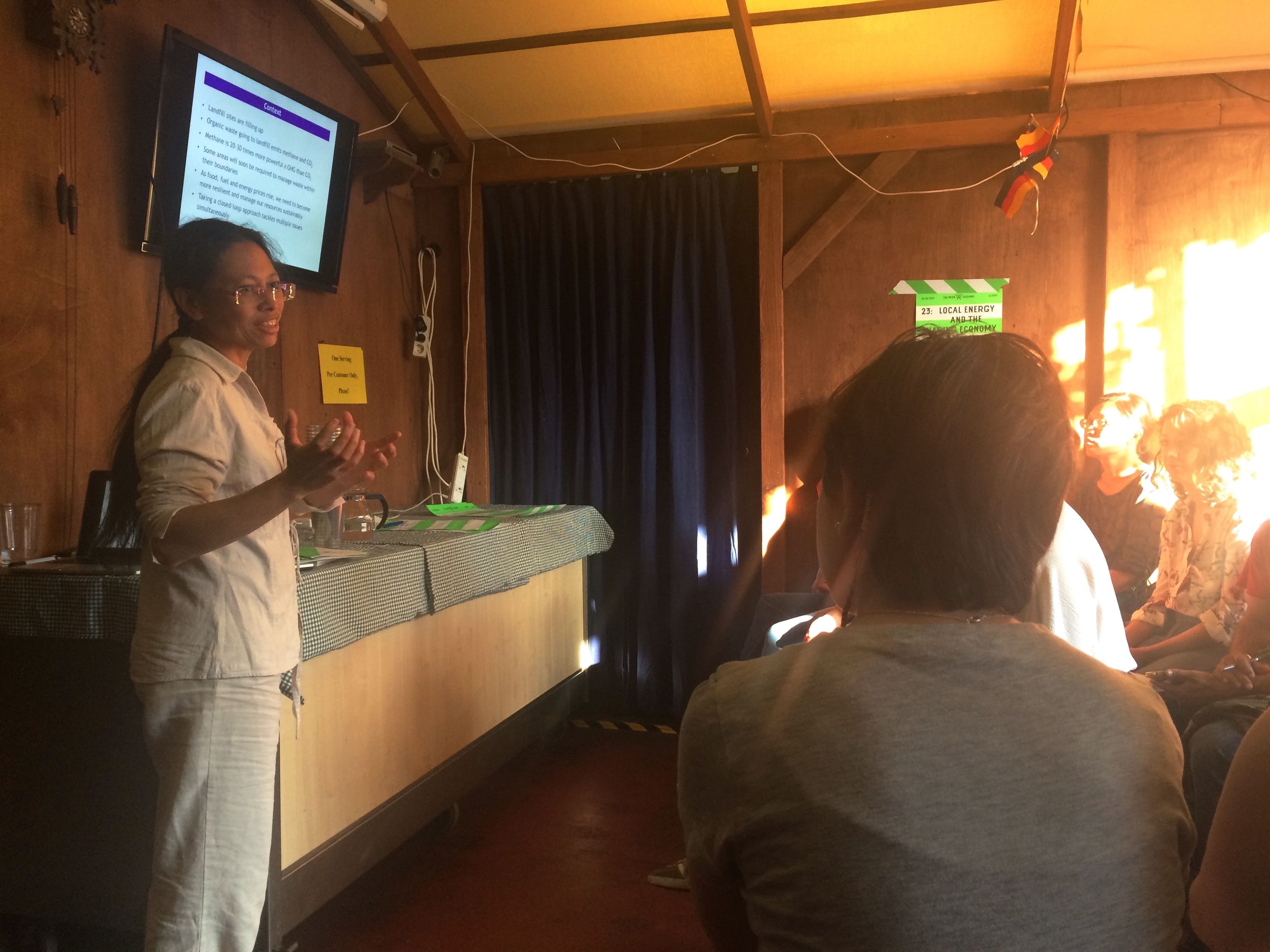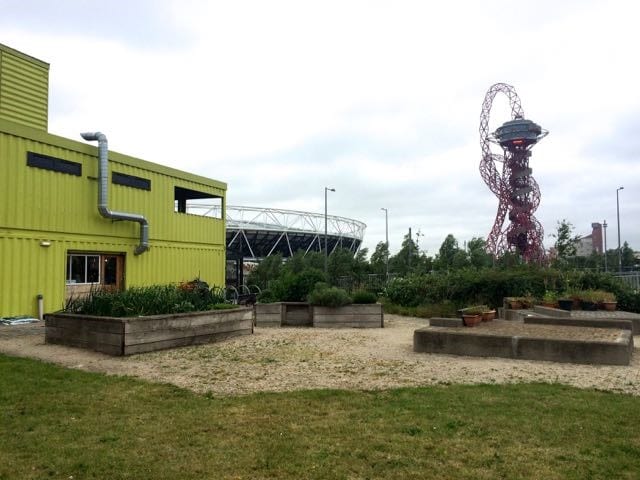Bringing rural to urban: community energy and closing ecological loops in the city
By ucfugor, on 23 July 2015
 Being interested in researching the often complex motivations behind community energy projects and the ways in which they develop and come to be, as well as being a firm believer in the potential contribution of localised urban energy production for moving towards a low-carbon transition, I was excited to learn about project developed with the London strand of R-URBAN, R-Urban Wick by UCL’s Institute for Sustainable Resources and art and architecture practice public works.
Being interested in researching the often complex motivations behind community energy projects and the ways in which they develop and come to be, as well as being a firm believer in the potential contribution of localised urban energy production for moving towards a low-carbon transition, I was excited to learn about project developed with the London strand of R-URBAN, R-Urban Wick by UCL’s Institute for Sustainable Resources and art and architecture practice public works.
R-URBAN is a grassroots venture, aiming to enhance urban resilience by initiating closed ecological cycles, embedded in a local context. This could for example be achieved by re-localising (and thus “ruralising”) patterns of production and consumption within the city. And, by searching for alternative uses for the by-products of production which may otherwise be disposed of unnecessarily, their status could be transformed from waste product into alternative product, simultaneously creating economic, social and environmental benefits. With landfills close to being full, Londoners and city-dwellers elsewhere will no longer be able to ignore the waste issues that city life produces, so it is a great time to be thinking about ways in which we can divert and utilise the by-products of our consumptive habits.
On the 5th of June 2015, I was invited to an event hosted by R-Urban Wick at the German Deli on the Hackney Wick edge of the Olympic Park, entitled “Urban Energy and the Sharing Economy”. Jumping at any opportunity to hear about the event title’s features, both of which are fast-gaining traction and credibility in the mainstream what with general awareness about sustainability issues rising, no doubt aided by support for the circular economy from figures such as the Ellen MacArthur Foundation and HRH The Prince of Wales, I found myself there listening while munching on the kindly provided and very delicious Berliner doughnuts and sausages. The event was the first of a series being held by public works and UCL to learn more about the broad topics of community energy and resource sharing. More specifically, this was a chance to find out more about and if desired become involved in building a small scale anaerobic digester in London’s Olympic Park, as part of a demonstration of how localised, closed-loop systems can begin to function in an urban setting.

Micro AD expert Rokiah Yaman from Community By Design explains to the audience how to build an AD unit.
Energy production as a form of community energy is rather rare in urban areas in the UK, in spite of the availability of source for energy production due to cities being great producers of waste. The challenge is therefore not finding the source for the production of energy, but identifying those who wish to do it and finding them the necessary support. Research by Community Innovation for Sustainable Energy (CISE) in 2011 indicated that 96% of community energy projects surveyed in the UK were economically motivated, indicating that more financial resources may be required to assist projects struggling to get underway and to access knowledge and technical support. Encouraging it is, then, that the Department of Energy and Climate Change’s Community Energy Strategy has within the last year released an Urban Community Energy Fund worth £10m, and we were joined by two of the strategy’s representatives at the event. It will be interesting to analyse how grants and loans are allocated, and the alternative means by which those ineligible go about funding their schemes.

The View Tube Café in the Olympic Park grows its own vegetables as is interested in supplying organic waste to the project and receiving fertiliser.
The project will create a micro AD system in the Olympic Park and is part of UCL’s public engagement work. It is a collaborative partnership between public works, LEAP and UCL’s Institute for Sustainable Resources, The project is free to join and in keeping with its open source principles welcomes the contributions of anyone interested. The combination of food waste and heat which go into AD produce heat, power and fertiliser, meaning that the process demonstrates both community energy production and waste reduction. The biogas generated is an alternative to natural gas, while the fertiliser is good for turf and urban agriculture. Of course, the process is not entirely closed-loop; the digestate has proven to be a more difficult material to work with, however the Institute of Making, free for all UCL affiliates to join, is inviting people to work on ways to use the surplus, the spreading of which is currently fairly restricted. Ideas suggested on the day included bioplastics, building materials and filaments. A number of local cafes, restaurants and growing groups were also present at the event and expressed their interested in linking up with the project, proving that some of the wider social and environmental benefits are already ready and waiting to be realised.
You can learn more and sign up here.
3 Responses to “Bringing rural to urban: community energy and closing ecological loops in the city”
- 1
-
2
Elanthendral wrote on 22 January 2016:
Thanks for your details and explanations..I want more information from your side..I Am working in Aquafina Mineral Water In Chennai.
-
3
harini wrote on 18 March 2016:
Thanks for your details and explanations..I want more information from your side..I Am working in Aquafina Mineral Water Distributor In Chennai.
 Close
Close


New blog: ‘Bringing rural to urban: community energy and closing ecological loops in the city’ by @TheaJane17 http://t.co/Lv3c8fSDer